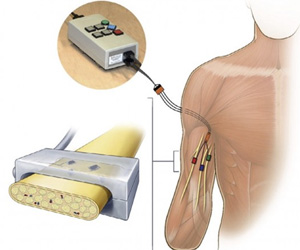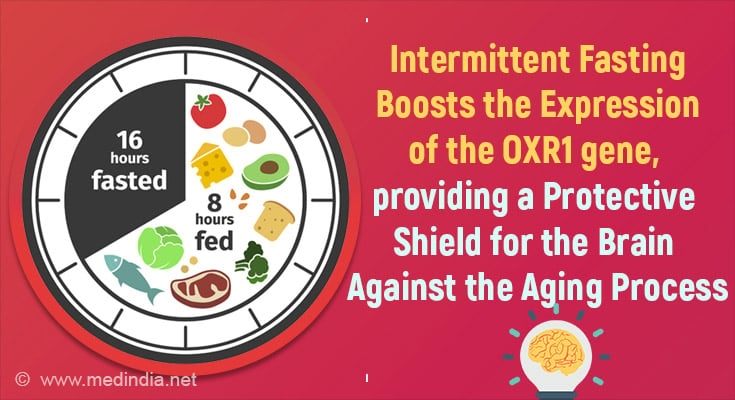The prospective study included 104 transgender and non-binary youth ages 13-21 who received treatment at the Seattle Children’s Gender Clinic, which serves a five-state area, between August 2017 and June 2018.
Researchers surveyed youth at baseline, 3, 6, and 12 months to assess levels of depression, generalized anxiety and suicidality.
They observed a 60% decrease in depression and a 73% decrease in suicidality associated with receipt of gender-affirming hormones or puberty blockers.There were no changes in anxiety noted at each of the time points evaluated.
According to the authors, the limited access to gender-affirming medical care and an increase in anti-transgender legislation across the country causes poor mental health in these youth.
“Unfortunately, multidisciplinary clinics are not accessible to all transgender and non-binary youth. Next, we need to understand how to better serve youth who are not able to make it into a clinical environment.” said co-senior author Kym Ahrens MD MPH, associate professor of pediatrics at Seattle Children’s Hospital, University of Washington, School of Medicine.
This study data also supports what we see clinically, an amazing transformation in these young people and includes better mental health.
The access to gender-affirming medical care is still in jeopardy with the rise in anti-transgender legislation and threatens the youth’s mental health and the providers who serve them.
Source: Medindia



